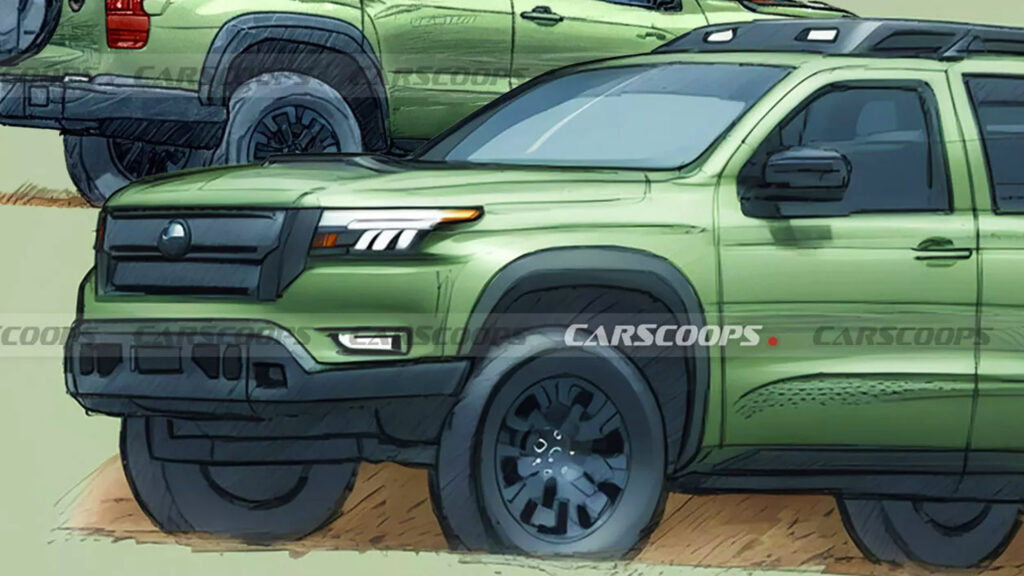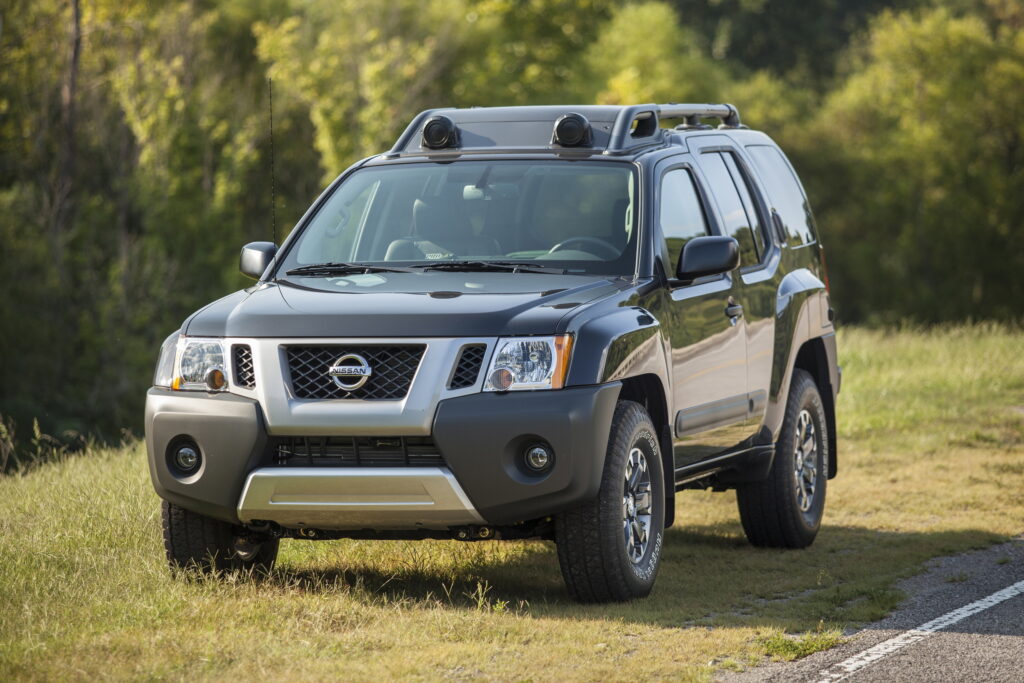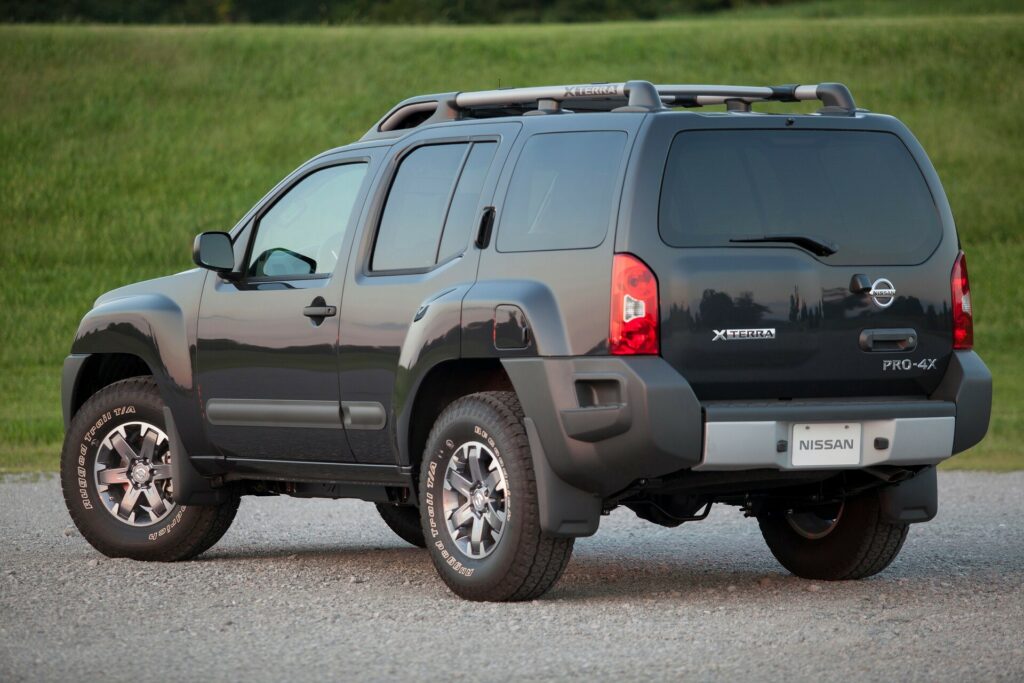Nissan Hits Pause On EV To Bring Back One Of Its Most Famous SUVs

- Nissan confirms the next Xterra will launch with a hybridized V6 engine.
- Infiniti is considering its own luxury version of the revived off-road SUV.
- The EV project is being paused amid slowing demand for electric cars.
New details have emerged about Nissan’s reborn Xterra SUV, roughly six weeks after the Japanese automaker confirmed a new generation was in the works. The return of this rugged off-roader is likely to delight long-time fans, though its comeback appears to come at the expense of a new electric model that had been slated for US production.
Read: Nissan’s Next SUV May Finally Give 4Runner A Reason To Worry
Not long after chief executive Ivan Espinosa confirmed the Xterra’s revival at a national dealer meeting, Nissan Americas chairman Christian Meunier reaffirmed plans to bring the SUV to market in 2028. It’s set to feature a V6 hybrid powertrain and will be built at the company’s Canton, Mississippi, plant.
Old Name, New Life
It’s been more than a decade since the Xterra was killed off, and while little is known about the new model, it is expected to use a body-on-frame platform, the same underpinnings that’ll be used by the redesigned Frontier, as well as updated versions of the Pathfinder and Infiniti QX60.

Speaking with Bloomberg, Meunier hinted that a more premium, Infiniti-badged variant could also be in the cards. He said “dealers are super excited” about the Xterra’s return, though he acknowledged that shifting market dynamics have forced Nissan to rethink its electric vehicle plans. Weaker EV demand has led the brand to shelve a new project that had been planned for the same Mississippi facility.
EV Paused
The cancelled EV would have used batteries from SK On, which has a nearby facility, and was expected to hit the market in 2028. Meunier said that pausing plans for the model is “the right thing to do, adding that Nissan continues to weigh up the possibility of building EVs in the United States.
However, he acknowledged that doing so may only make sense if Nissan can achieve significant manufacturing cost savings, including finding another carmaker to partner with for EV production.
